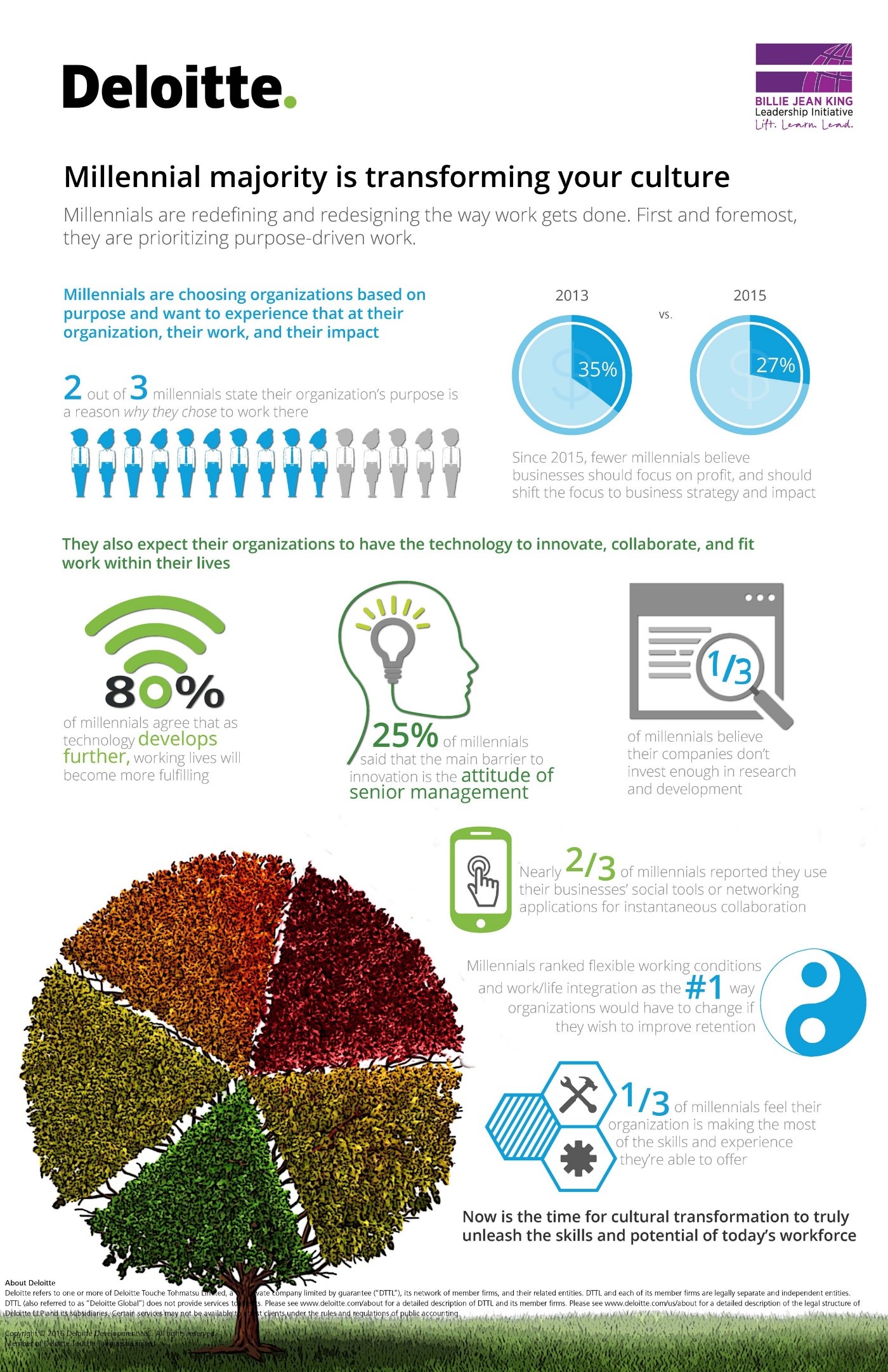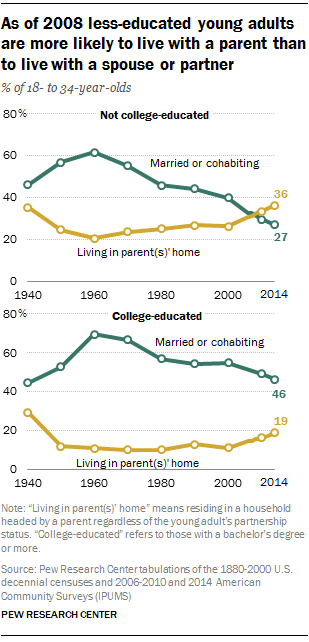
Shared Experiences, Not Birth Years, Define a Generation
You can’t go anywhere today without hearing or reading about millennials. Millennials are the biggest population group in American society today, up to 79.8 million people as of 2016 and growing. Millennials are the new consumer group that will affect the economy, with spending power of $1.3 trillion dollars. Yes, trillion! And millennial identity can redefine American culture, especially regarding work.

So who are these millennials anyway? Do you know one? Are you one? Generational groups are usually defined by age ranges within identified years of birth. A baby boomer, for example, is generally recognized as a person in the group born between 1946 to 1964. Generation Xers are those people born between 1965 and 1980. Millennials are identified as people born between…well, wait a moment.
The U.S. Census Bureau considers Millennials to be born between 1982 and 2000. The Center for Generational Kinetics, a research group, says it is 1977 to 1995. No, actually its 1980 to 2000, says investment giant Goldman Sachs.
Who is responsible for setting these boundaries anyway? Is there an official authority on generational boundaries? The answer depends on who you ask and why. The U.S. Census Bureau is interested in population trends, potential voters, users of public services, and potential tax payers. Researchers are interested in psychographic analysis, which concerns how individuals and groups think, feel and how when combined might affect their behavior, often economic. Investment firms are interested in income levels and disposable spending/investing habits of new emerging consumers. Researchers in these areas consider the age range of a group as a factor that might affect behavioral characteristics. Yet the date ranges appear somewhat flexible.
So, if these dates are flexible, what does an exact date mean anyway? Let’s say a set of twins are born. The first is born on 11:59 PM on December 31, 1964. The second is born two minutes later, at 12:01 AM on January 1, 1965. So, the first is a Boomer, the second is a Gen Xer? Do demographics really work like that? Or are these boundaries more amorphous, more like a fading out and a fading in of cultures?
They are amorphous, and with good reason. The age of a group itself is not what actually determines a generational profile. Much more powerful and important is what defines the group as a separate and distinctive entity, differentiated from other groups. This differentiation is based on shared group experience. The experiences that group shares help create a group identity, a group culture, a group consciousness. Those that share these experiences in the same way are identified and bundled into groups identified by the approximate age range they occupy.
To see how this works in action, try this experiment. Ask someone where they were when Pearl Harbor was bombed; or when JFK was assassinated; or when the Twin Towers fell. Each of these events is now history, but how individuals experienced these events helps define the group they might be identified in.
In identifying millennials, try asking these questions:
- Are you going to graduate from college? Forty percent of millennials will. This is the largest group of college graduates to date.
- Do you plan on living at home after you graduate from college? Fifteen percent of millennials will, up 5 percent over Gen Xers. Today this practice is commonplace. When I graduated from college in 1975, it was almost unheard of.

- Do you obtain most of the research used before buying anything expensive from social media sources, rather than advertisements, company websites and ranking sources such as Consumer Reports?
- Can you put down your cell phone? Ever?
- Which is more important to you—lifestyle or career? Are they the same thing?
These are the types of questions that can begin to identify characteristics of millennials. Note that the year of birth was not mentioned.
Are you wondering if you might be a millennial, or perhaps a millennial in disguise? You may be able to find out. Go to Stuff Happens and take the Which Generation Do You Actually Belong To quiz (it’s fun and it’s free!).
According to the online quiz, I think like a Gen Xer. But I was born in 1953, the middle of the Baby Boomer generation. Well, my father always said I’d never grow up.
Whatever the demographers, or the press, say you are, you are what you think, feel and do. Or, as the saying goes, you are only as old as you feel…and think…and act. Don’t let someone else’s label define who you are.